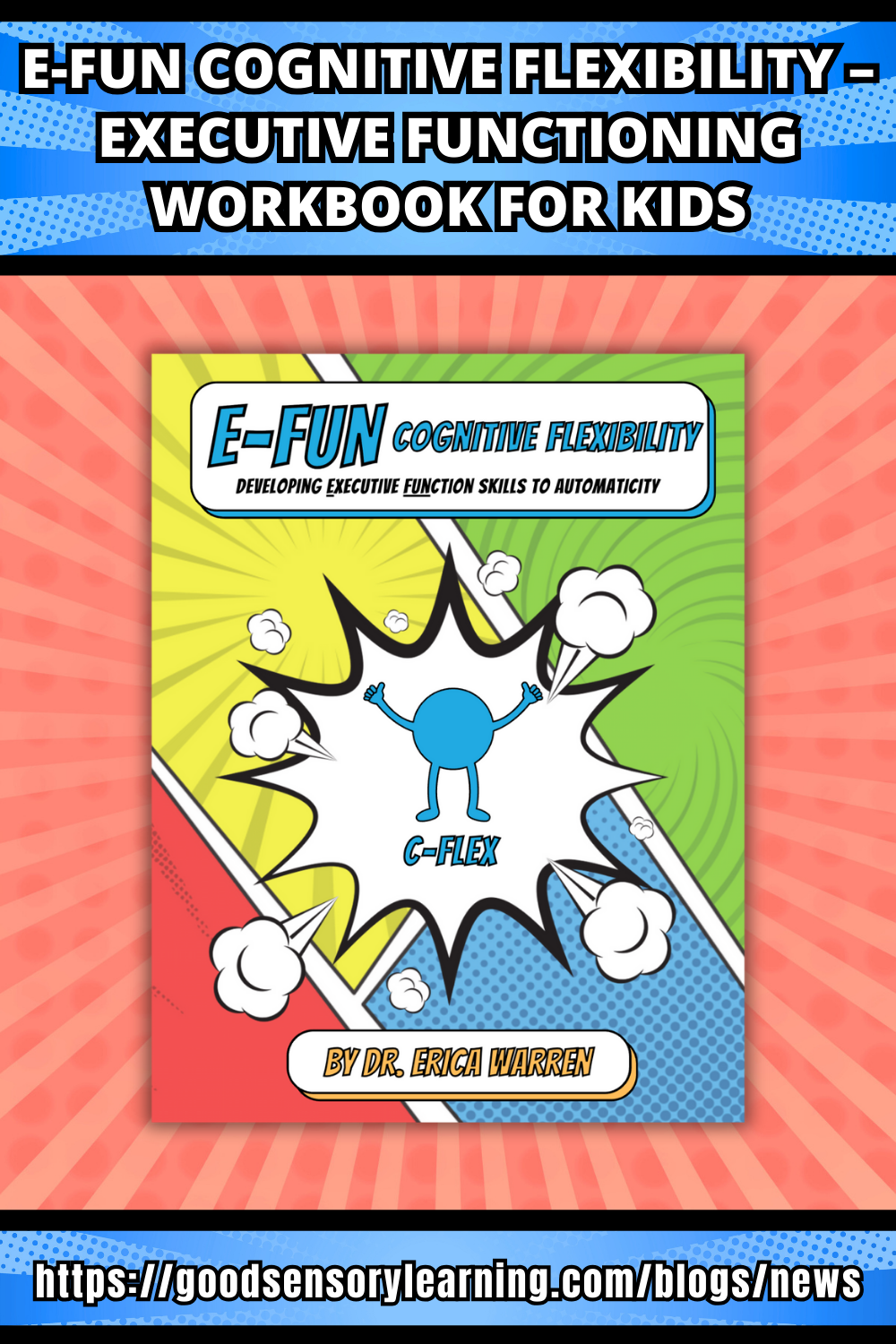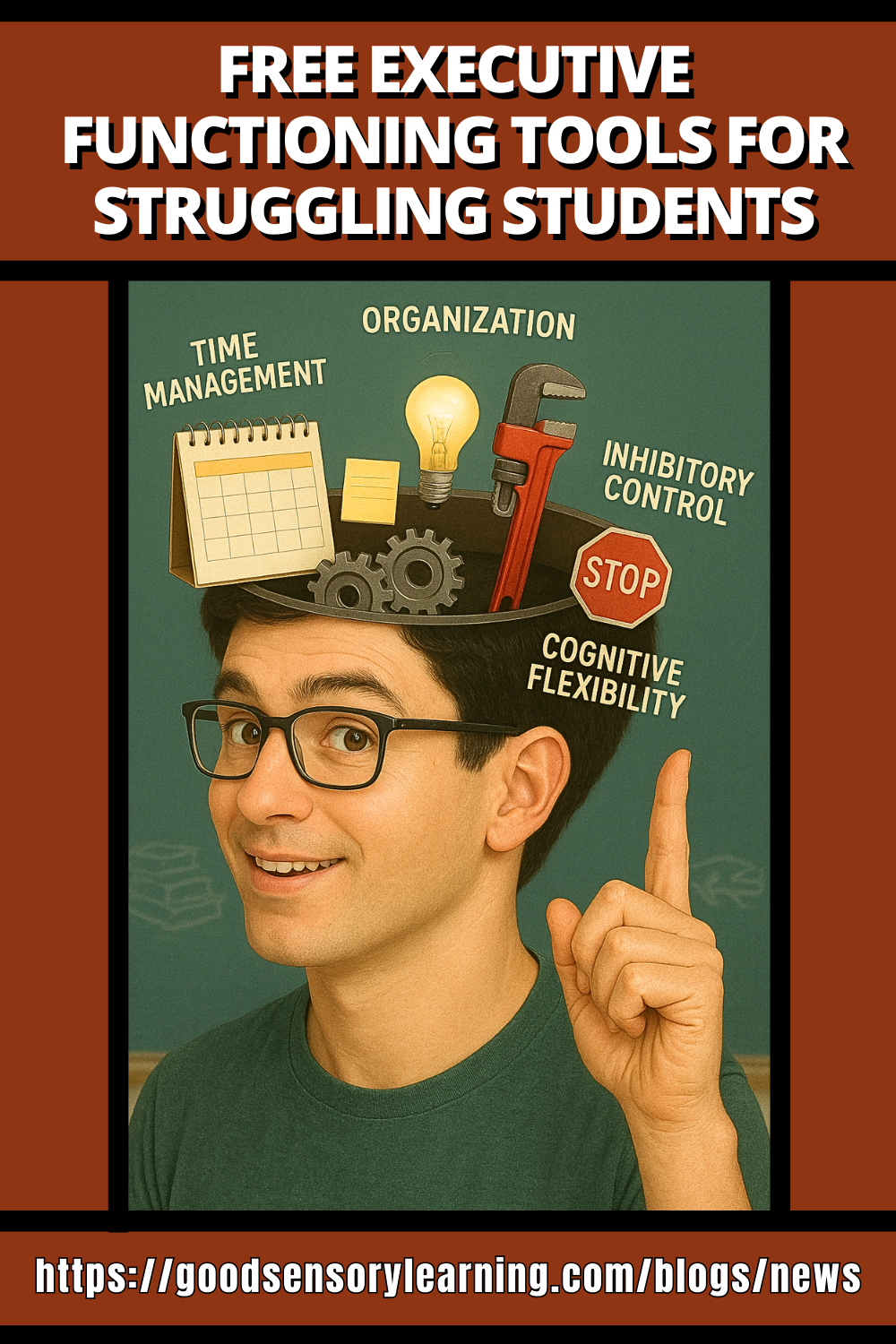Rethinking ADHD: A Perspective from an Educational Therapist
After reading the recent NY Times article on ADHD diagnoses and stimulant medications, I found myself reflective—not only as an educational therapist but as someone who has spent decades walking alongside students and families trying to make sense of this complex, often misunderstood diagnosis.

The article, titled "Have We Been Thinking About A.D.H.D. All Wrong?", was published by The New York Times on October 6, 2023.
What stood out most to me was the recognition that the long-term academic impact of stimulant medication is far less significant than we’d hoped. As someone who sees the day-to-day realities in classrooms and one-on-one sessions, this didn’t surprise me. While medication may offer short-term behavioral improvements, what truly creates lasting change is a supportive, engaging environment tailored to each learner's processing strengths.

Behavior Isn’t the Whole Story
I've seen many students exhibit improved behavior on stimulant medications—they sit still, stay quiet, and complete worksheets. But as the article points out, and as I've observed in my own practice, behavior does not always equate to genuine learning or engagement. Medication may help students appear focused, but it doesn't guarantee meaningful processing or retention.
There are, however, cases where I’ve seen extraordinary changes in students. Was it the medication? A placebo effect? The onset of a growth spurt? A change in how teachers treated them once they were labeled and medicated? Or perhaps they simply began receiving the accommodations they had always needed? These moments remind me that there are many variables at play, and we must be cautious not to oversimplify outcomes.

Symptoms Are Contextual
One of the most powerful points made in the article is that ADHD symptoms often fluctuate based on the environment. This aligns with what I often tell families: "Context is everything." I've worked with children who struggle profoundly in traditional classroom settings but thrive when given creative outlets, hands-on tasks, or flexible learning environments. What might be labeled as a deficit in one setting could be a strength in another.

In truth, I believe our educational systems often reinforce outdated expectations—sit still, regurgitate facts, and scramble to meet deadlines because students don’t always know what’s coming down the pike. Many of my ADHD students see the world differently. Instead of narrowing their attention like a spotlight, they operate best with a panoramic lens. Their minds are open, scanning everything at once. In different environments, cultures, and times, these traits might have made them the ideal visionaries, chiefs, or protectors—attuned to subtle changes in their environment, responsive, and highly aware. We need to stop pathologizing this difference in processing style and start honoring neurodiverse ways of being. We also have to stop forcing students into a mold that doesn't fit and moves them farther away from their true gifts.
A Dimmer Switch, Not an On/Off Button
A.D.H.D. isn’t binary. It’s not something you simply have or don’t have. Like the researchers, I see it more as a spectrum, where attention, regulation, and impulsivity vary depending on sleep, stress, interest, and support. We need to move beyond rigid diagnostic models and embrace nuance. Just as a dimmer switch allows for flexible lighting based on need and setting, ADHD traits can be more or less apparent depending on the moment, the environment, and the task at hand. When students are placed in aligned settings where they feel connected, valued, and interested, their executive functioning often shines. This is where the real work lies—in helping each child find their best-fit conditions for success.

Toward a More Compassionate Model
I fully support the idea that we must begin to shift from a purely medical model of ADHD toward one that incorporates relationships, learning environment, emotional safety, and metacognitive support. My own work centers on building executive functioning skills, identifying a student’s best ways of processing, and empowering them with strategies that match their natural wiring.
Empowering Families with Options
Most importantly, this article underscores the need to empower families with options. Medication may be part of the picture for some, but it should never be the whole story. Parents deserve to know about executive functioning coaching, educational therapy, creative accommodations, alternative schooling options, and multisensory learning tools that can re-engage students and rebuild their confidence.

As professionals, we need to remain curious, humble, and flexible. ADHD is not one-size-fits-all, and the way we support it shouldn’t be either.
Let’s keep asking questions. Let’s keep redefining success. And let’s never lose sight of the child behind the diagnosis. These students—those with panoramic attention and deeply attuned awareness—have something powerful to contribute. Maybe they are here to inspire us to widen the aperture of education itself.
Cheers, Erica
Dr. Erica Warren is the author, illustrator, and publisher of multisensory educational materials at Good Sensory Learning. She is also the director of Learning to Learn and Learning Specialist Courses.
- Blog: https://goodsensorylearning.com/blogs/news
- YouTube Channel: https://www.youtube.com/user/warrenerica1
- Executive Function Podcast: https://goodsensorylearning.com/pages/the-personal-brain-trainer-podcast-with-dr-erica-warren
- Store: http://www.Goodsensorylearning.com/
- Courses: http://www.learningspecialistcourses.com/
- Newsletter Sign-up: https://good-sensory-learning.kit.com/drericawarren



Leave a comment
This site is protected by hCaptcha and the hCaptcha Privacy Policy and Terms of Service apply.